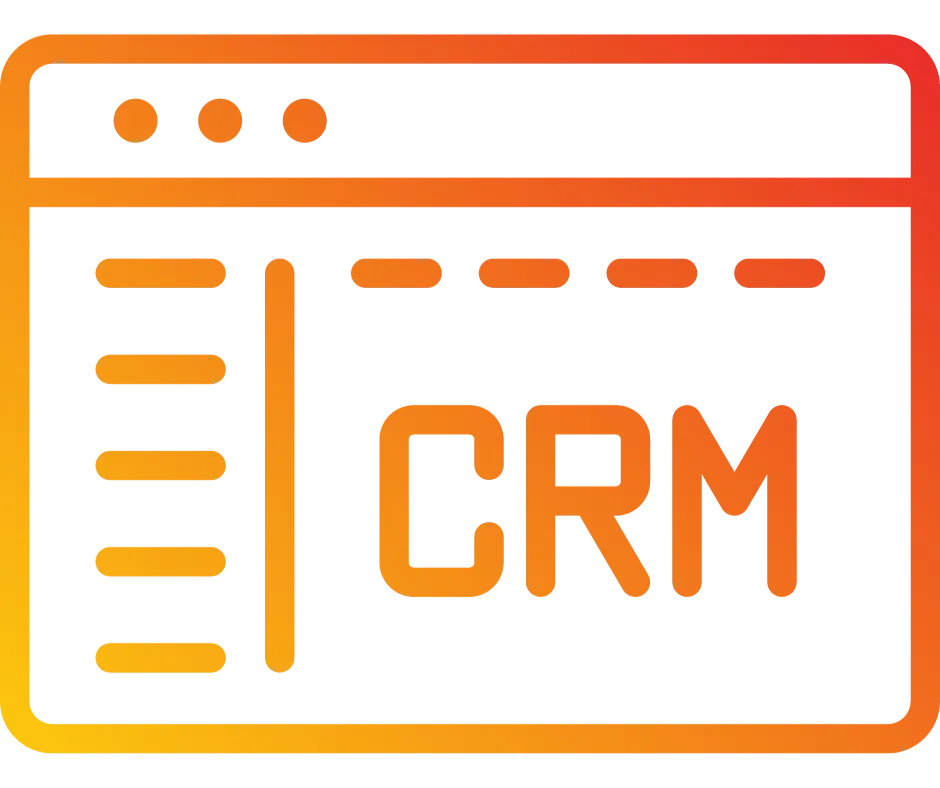
Invoice Settings
Invoice settings allow you to customize the default title, terms/conditions, and notifications. This article will overview the settings menu and its options.
You can use templates instead of the default option and use the custom values in the design editor seen below:
To edit your invoice settings Navigate to Payments > Invoices > Gear Icon
Business Information
This menu will allow you to customize the Business information such as logo, business name, address, and website, and add custom values
Email Configurations
You can add the From Name and Email address to this section.
Invoice Title and Terms
Here you can set the title and the terms/notes for the invoices created. You can use various formatting options that allow for line breaks, links, and more
Invoice Title and Terms/Notes
Payment Settings
Choose when the invoice is due based on X number of days and toggle the auto partial payment option.
Scheduling Multiple Reminders
Increase your payment conversions on invoices by setting payment reminders for your customers directly from settings. You can set up multiple reminders, delete reminders if needed, and customize the reminder frequency and templates.
How to use:
Go to Settings within Invoices.
Click on Reminder Settings.
Configure the details for each reminder, such as Reminder Name, Reminder Template for Email and SMS, reminder frequency, and maximum reminders.
Click on Add New Reminder to add another reminder or delete reminders as needed.
Partial Payments For End Customers On Invoicing
This feature allows users to set a minimum percentage of the total invoice amount to be collected. Customers can then directly pay any amount equal to or greater than this specified percentage from their Invoicing Dashboard.
How to set it up:
Ensure that a payment gateway (Stripe / Authorize.net / NMI) is integrated.
Go to Payments -> Invoices -> Invoices Settings.
From this page menu click on Payment Settings and enable the Partial Payments Toggle
Add a percentage in the input field (Percentage is calculated based on the total amount of the invoice amount to be paid).
Click on "Save." and Voila you now have Partial Payments Enabled
State Dropdown for Invoices
The state input dropdown for Invoices enhances data accuracy and streamlines the invoicing process. This feature is available in business details, company details, the create new contact modal, and within invoice settings.
Benefit: This enhancement ensures that the state information is consistently and accurately captured, reducing errors and improving the efficiency of invoice processing.
How to Use:
Navigate to the Invoices section.
During the setup or editing of an invoice, use the dropdown menu to select the appropriate state in the relevant fields.
Save the changes to apply the state selection to your invoice.
Custom Fields
Add custom fields to your preferences from this section
Customer Notifications
Enable or disable the different types of notifications and select custom templates or use the available default option.
Invoice Received
Invoice Payment Successful
Invoice Payment Failed
Auto Payment Information
Auto Payment Failed
Please note: To view the default template you would need to test manually
Team Notifications
These notifications are sent to the business user who sent the invoice. Toggle on or off they type of notification and select templates as desired.
Invoice Payment Successful
Invoice Payment Failed
Auto Payment Failed
Auto Payment Skipped
The Invoice Could Not Be Sent
Save when you have finished editing your default invoice settings.
Zero Amount Invoices
You can now create an invoice for $0. Here’s how to generate them:
100% Discounts
Negative Priced Items
Zero-amount invoices will be generated directly in a paid state, and receipts will be issued for them automatically.When sending zero amount invoices, a dedicated modal collects only the payee information, omitting the need for autopay details.
The option to record payments manually is also available for zero amount invoices. This allows users to add notes or other relevant information during the invoice creation process.
How to Add a $0 Amount to an Invoice
Create an Invoice: Start by creating a new invoice.
Add a Product: Include the desired product or service.
Apply Discount: Click on 'Add discount' in the subtotal section.
Fill Payee Information: Use the separate modal to enter the payee's contact details.
Record Payment (Optional): If necessary, use the manual record payment option to add notes or other details.
You can either add a 100% discount, or
Add a custom discount amount equal to the full price of the product to bring the total to $0.
By following these steps, you can effectively generate an invoice with a zero amount.
Buy Now Pay Later (BNPL) for Invoices.
New payment method for invoices:
BNPL Payment methods: Klarna, Affirm, Afterpay/Clearpay
How can I take advantage of these new payment methods?
These payment methods will be available when paying via stripe
These methods are available for one-time invoices and recurring invoices without auto-payment
The payment methods you might be able to avail will depend on region and currency in which payment is made
Note: You have the option to turn BNPL off from your Stripe dashboard inside a payment
configuration "Invoice"
Payment Plans
The payment plans feature allows users to break down invoices into multiple payments, either by percentage or fixed amount. This functionality is particularly useful for jobs requiring upfront deposits or staggered payments. Users can specify payment dates and amounts or percentages for each installment. The interface provides an easy way to track paid and pending payments and allows adjustments to the payment schedule as needed.
Setting Up Payment Plans
Create Invoice: Begin by creating a new invoice.
Add Payment Plan: Specify if payments are by percentage or fixed amount.
Set Dates and Amounts: Choose dates and set amounts or percentages for each payment installment.
You can change the payment schedule to a later date:
Choose payments that you want to apply to in case of multiple payments.
Review and Send: Review the invoice details and send it to the customer.
